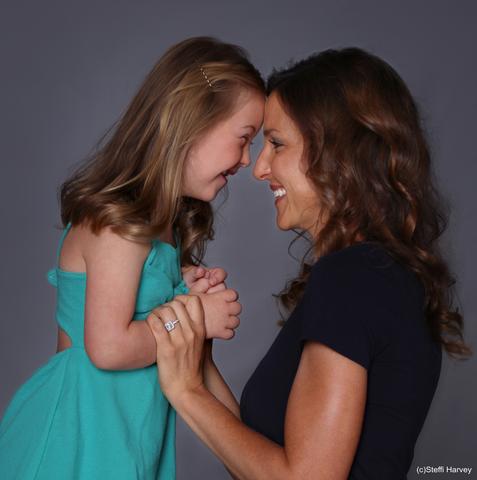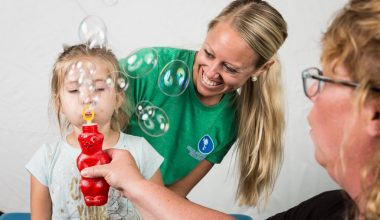Lately, everything has been a struggle. I’m sure many feel this way, during this difficult time. School is back in session for all three children, online. Anna started TK and has been doing well. However, I realized something from the experience thus far. That is, when she was younger and her interactions with the world (besides our close friends) were the sweet therapists, Early Intervention specialists, and medical personnel, all of who signed up for serving children such as those with Anna’s diagnosis; it gave us a skewed view. We received so much of the, “she’s so cute, she’s so smart, she’s so sweet,” kind of talk. To the point now that when Anna has an appointment with the doctor, she dresses up and says, “Doctor is going to say I’m so cute.” To this, I smile and reply yes. But, lately, harsh reality has struck me. I realize that this is not how it is always going to be with everyone or even most. I was told long ago by her developmental specialist that Anna will almost have to “outperform” others in order for her to overcome a bias. I was also told by her reading specialist that I would need to “show” them truly that she can read because otherwise, others will not believe it. I am now seeing truth to this. I realize that, although, I would love people to see her for who she is and to look at all her abilities (and many will); there will be that many more that actually look at her face and her diagnosis and immediately put her in a category or assume what she can and cannot do. My only hope is that people put down all preconceived notions of any child with a disability and to have an open-mind. When people can do that, the truth is, our children will surprise them. I actually hear this all the time from parents of children with Down Syndrome. They say, at birth or before birth, I thought of all the things my child won’t be able to do; but then, after, I was surprised and shocked at how much my child can do! I remember I went to a talk given by Dr. Richard Villa with The Brighter Side of Down Syndrome Organization and he said to not base the individualized education plans (IEP) in school on what the child can’t do, but to base it on the child’s strengths, abilities, and interests. This would make the IEP useful, practical, and actually move the child forward in a progressive manner. He gave an example of a child who had an IQ of 40, nonverbal, did not respond to his name, and after being fully included in school and with a good IEP based on strengths; he began verbalizing, responding to his name, meeting his physical therapy goals as he was motivated to have better range of motion in his arms and made significant progress in all areas targeted. Not only did he benefit, but so did his classmates, as their academic scores also went up. Not only that, but the compassion and love for their classmate grew, as well as their own confidence and self-esteem, showing a true example of what humanity should be about. Think about what that does for an individual. When one helps another in a significant way, it makes one feel good about oneself. I cried, knowing that moving forward, as she grows, I will constantly need to advocate for her, I will constantly need to reassure others to not be uncomfortable having her around, not to fear, and above all, please fully include her and others with disabilities and I promise that we will all learn from that experience and all will benefit from it.


